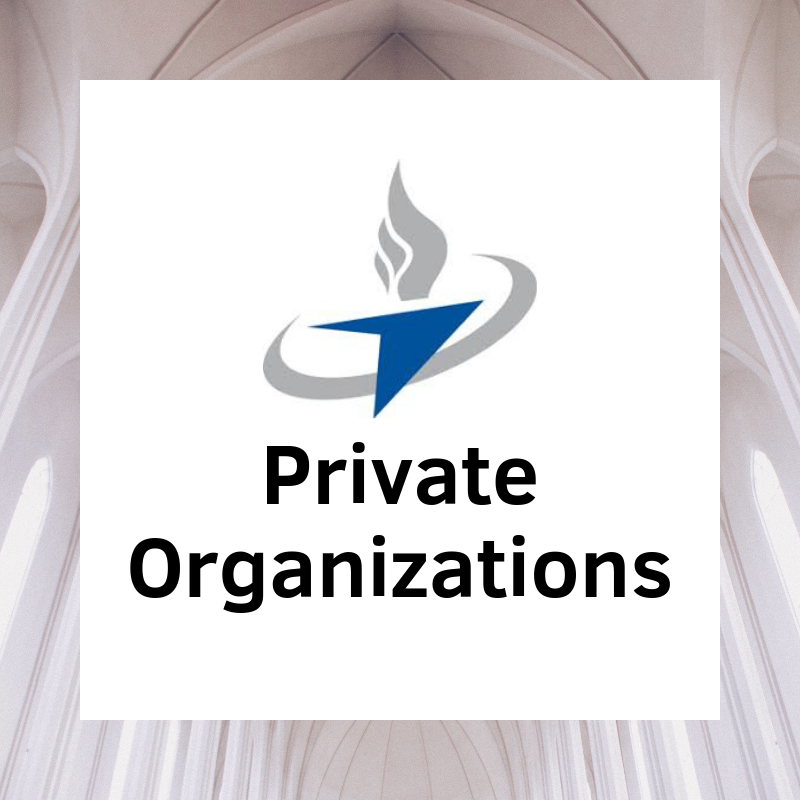Gifts
Department of Defense (DoD) employees may not accept or solicit gifts from a prohibited source or because of their official positions.
A gift includes any item having a monetary value. It does not include:
Refreshments or items with little intrinsic value (greeting cards, plaques, certificates, and trophies)
Prizes in events open to the public
Commercial discounts available to the public or military (not limited to individual members)
A “prohibited source” is any person who:
Seeks official action by the employee’s agency
Conducts or seeks business with the employee’s agency
Is regulated by the employee’s agency
Has interests that may be substantially affected by performance or nonperformance of the employee’s official duties
The most commonly encountered prohibited source is a DoD contractor.
Absent a personal relationship justifying the gift, federal employees generally may not give gifts to their superiors or solicit a gift/donation from another employee to either employee’s superior, with two exceptions:
Gifts, other than cash, with a value of $10 or less, on a birthday or holiday
On special, infrequent occasions like marriage, change of command, Permanent Change of Station or retirement, an employee may accept a gift from a group of subordinates not exceed a total value of $300
A federal employee may accept a gift from an outside source valued at $20 or less, per source, per occasion, not to exceed $50 in a calendar year. This is called the “$20/$50 rule.”
In addition, employees may accept gifts based solely on a family relationship, personal friendship, or outside business/employment relationship.
Finally, federal employees may accept free attendance at widely attended gatherings (e.g. a dinner or conference). “Widely attended” indicates an event that is open to members from a given industry, profession, or diverse group. Free attendance includes a waiver of all or a part of the fee. It does not include travel expenses or lodging.
If an employee has received a gift that cannot be accepted, the employee may return the gift, destroy it, or pay its fair market value. If the gift is perishable and it is not practical to return, the gift may, with approval, be given to a charity or shared in the office.






















